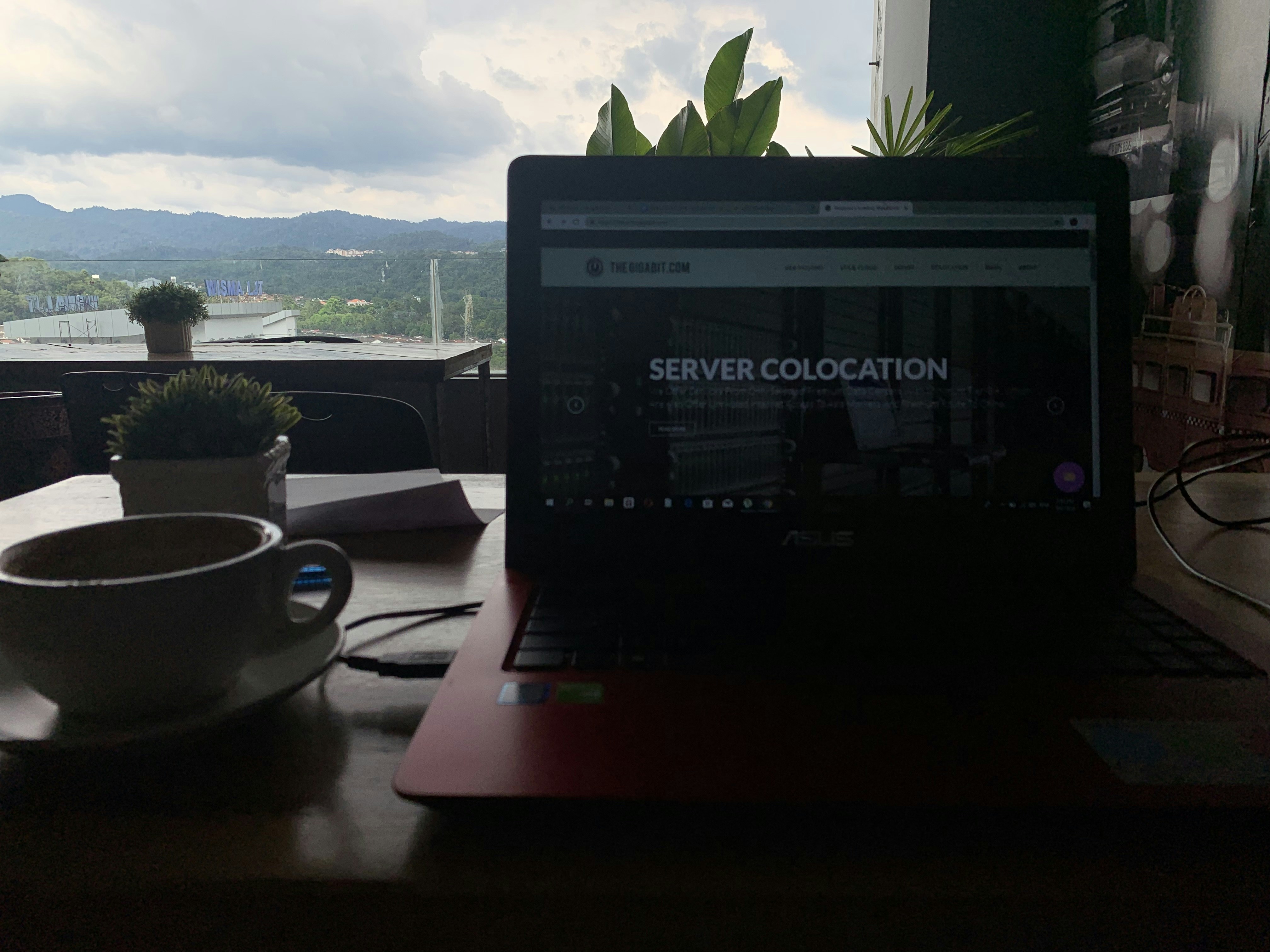Cloud storage refers back to the apply of storing information on distant servers that may be accessed over the web. It gives companies and people the comfort of accessing their recordsdata from anyplace, at any time, with out the necessity for bodily storage gadgets. Nevertheless, with the rise of cloud storage, issues about information privateness and safety have additionally elevated.
Privateness rules are legal guidelines and rules that govern the gathering, use, and safety of non-public information. These rules intention to make sure that people have management over their private data and that organizations deal with it responsibly. They fluctuate from nation to nation and sometimes have particular necessities for various industries or forms of information.
Understanding Information Privateness and Safety
Information privateness is the appropriate of people to regulate how their private data is collected, used, and shared. It’s important as a result of it protects people from unauthorized entry, identification theft, and different types of misuse. Information breaches happen when delicate data is accessed or disclosed with out authorization. This may result in monetary loss, reputational harm, and authorized penalties for each people and organizations.
There are numerous forms of information safety threats that may compromise the privateness of information saved within the cloud. These embody hacking, malware assaults, phishing scams, and insider threats. Hackers can achieve unauthorized entry to cloud storage methods and steal or manipulate information. Malware can infect cloud servers and unfold to different related gadgets. Phishing scams trick customers into revealing their login credentials or different delicate data. Insider threats contain workers or contractors who misuse their entry privileges to steal or leak information.
Significance of Complying with Privateness Laws
Complying with privateness rules is essential for companies for a number of causes. Firstly, there are authorized penalties for non-compliance. Organizations that fail to fulfill the necessities of privateness rules might face fines, penalties, or authorized motion. These penalties will be important and have a detrimental influence on an organization’s funds.
Secondly, non-compliance can lead to reputational harm. When an organization fails to guard the privateness of its clients’ information, it could actually lose the belief and confidence of its stakeholders. This may result in a lack of clients, companions, and traders, in addition to harm to the corporate’s model and status.
Lastly, complying with privateness rules is important for sustaining buyer belief. In immediately’s digital age, customers are more and more involved in regards to the privateness and safety of their private data. By demonstrating a dedication to defending buyer information, companies can construct belief and loyalty amongst their buyer base.
Kinds of Privateness Laws for Cloud Storage
There are a number of privateness rules that particularly handle the storage and dealing with of information within the cloud. These rules fluctuate relying on the jurisdiction and business. A few of the most notable ones embody:
– Well being Insurance coverage Portability and Accountability Act (HIPAA): HIPAA is a U.S. regulation that units requirements for the safety of delicate well being data. It applies to healthcare suppliers, well being plans, and healthcare clearinghouses that deal with digital well being data.
– California Shopper Privateness Act (CCPA): The CCPA is a state-level regulation in California that provides customers extra management over their private data. It applies to companies that gather private data from California residents and meet sure standards.
– Basic Information Safety Regulation (GDPR): The GDPR is a European Union regulation that goals to guard the privateness and safety of non-public information. It applies to organizations that course of the non-public information of EU residents, no matter the place the group is situated.
– Different regional rules: Along with these main rules, there are additionally different regional rules around the globe that govern information privateness and safety. For instance, Canada has the Private Info Safety and Digital Paperwork Act (PIPEDA), whereas Brazil has the Basic Information Safety Regulation (LGPD).
The Affect of GDPR on Cloud Storage
The GDPR has had a big influence on cloud storage practices worldwide. It was carried out in Could 2018 and launched a number of necessities for organizations that course of private information. These necessities apply to each information controllers (organizations that decide the needs and technique of processing private information) and information processors (organizations that course of private information on behalf of information controllers).
One of many key necessities of the GDPR is the necessity for organizations to have a authorized foundation for processing private information. Which means that organizations should acquire express consent from people or have one other lawful foundation for processing their information. Moreover, organizations should implement applicable technical and organizational measures to make sure the safety of non-public information.
The GDPR additionally launched the idea of information safety by design and by default. Which means that organizations should contemplate privateness and safety from the outset when designing their methods and processes. They have to additionally be sure that solely the required quantity of non-public information is collected and retained.
Non-compliance with the GDPR can lead to important penalties. Organizations will be fined as much as 4% of their annual world turnover or €20 million, whichever is increased. These penalties are designed to be a deterrent and encourage organizations to take information privateness and safety significantly.
The Position of Cloud Service Suppliers in Defending Information


Cloud service suppliers play a vital position in defending the privateness and safety of information saved within the cloud. They’re chargeable for implementing and sustaining the required technical and organizational measures to make sure the confidentiality, integrity, and availability of buyer information.
Cloud service suppliers usually have strong safety measures in place to guard towards unauthorized entry, information breaches, and different safety threats. These measures might embody encryption, entry controls, firewalls, intrusion detection methods, and common safety audits.
When choosing a cloud service supplier, companies ought to contemplate a number of components associated to information privateness and safety. These embody the supplier’s observe file in dealing with safety incidents, their compliance with related privateness rules, their information retention insurance policies, and their capability to supply transparency and accountability.
Finest Practices for Securing Information in Cloud Storage
Along with counting on cloud service suppliers, companies also needs to implement their very own safety measures to guard information saved within the cloud. Some finest practices for securing information in cloud storage embody:
– Encryption: Encrypting information earlier than it’s saved within the cloud can present a further layer of safety. This ensures that even when the info is accessed with out authorization, it can’t be learn or understood.
– Entry controls: Implementing sturdy entry controls is important for stopping unauthorized entry to delicate information. This consists of utilizing sturdy passwords, multi-factor authentication, and role-based entry controls.
– Common backups: Commonly backing up information saved within the cloud ensures that it may be recovered in case of a knowledge loss or breach. Backups needs to be saved securely and examined usually to make sure their integrity.
– Worker coaching: Educating workers about information privateness and safety finest practices is essential for stopping human error and insider threats. Staff needs to be educated on the way to deal with delicate information, acknowledge phishing scams, and report safety incidents.
Information Breach Response and Reporting Necessities
Regardless of implementing strong safety measures, no system is totally resistant to information breaches. Within the occasion of a knowledge breach, organizations ought to have a response plan in place to reduce the influence and adjust to reporting necessities.
Step one in responding to an information breach is to comprise the incident and mitigate any ongoing dangers. This may increasingly contain isolating affected methods, disabling compromised accounts, or patching vulnerabilities. Organizations also needs to conduct a radical investigation to find out the trigger and extent of the breach.
Reporting necessities for information breaches fluctuate relying on the jurisdiction and business. In lots of instances, organizations are required to inform affected people, regulatory authorities, and different related events inside a specified timeframe. The notification ought to embody details about the breach, the forms of information affected, and any steps people can take to guard themselves.
The Way forward for Privateness Laws for Cloud Storage
Privateness rules are continually evolving to maintain tempo with technological developments and rising threats. As extra information is saved within the cloud and shared throughout borders, there’s a rising want for world requirements and harmonization of privateness rules.
Rising privateness rules are more likely to give attention to areas similar to information localization, cross-border information transfers, and using rising applied sciences like synthetic intelligence and the Web of Issues. There may be additionally a rising emphasis on particular person rights, similar to the appropriate to be forgotten and the appropriate to information portability.
Developments in information privateness and safety embody the rising use of privacy-enhancing applied sciences, similar to differential privateness and homomorphic encryption. These applied sciences enable organizations to investigate information with out compromising particular person privateness. There may be additionally a better emphasis on accountability and transparency, with organizations being required to display compliance with privateness rules by means of audits and certifications.
Why Defending Information is Important for Companies
In conclusion, defending information in cloud storage is important for companies to make sure compliance with privateness rules, keep buyer belief, and mitigate the dangers of information breaches. Privateness rules similar to HIPAA, CCPA, GDPR, and others set requirements for the accountable dealing with of non-public information and impose penalties for non-compliance.
Cloud service suppliers play a vital position in defending information saved within the cloud, however companies even have a accountability to implement their very own safety measures. Finest practices for securing information in cloud storage embody encryption, entry controls, common backups, and worker coaching.
As privateness rules proceed to evolve, companies should keep knowledgeable about rising necessities and tendencies. By prioritizing information privateness and safety, organizations can defend their clients’ data, keep their status, and guarantee long-term success in an more and more digital world.
For those who’re excited by studying extra about privateness rules in cloud storage, you would possibly discover this text on “The Use of Encryption in Safe Cloud Storage” fairly informative. It discusses the significance of encryption in defending your recordsdata and guaranteeing their security with a cloud storage supplier. To learn extra about this subject, click on right here.



